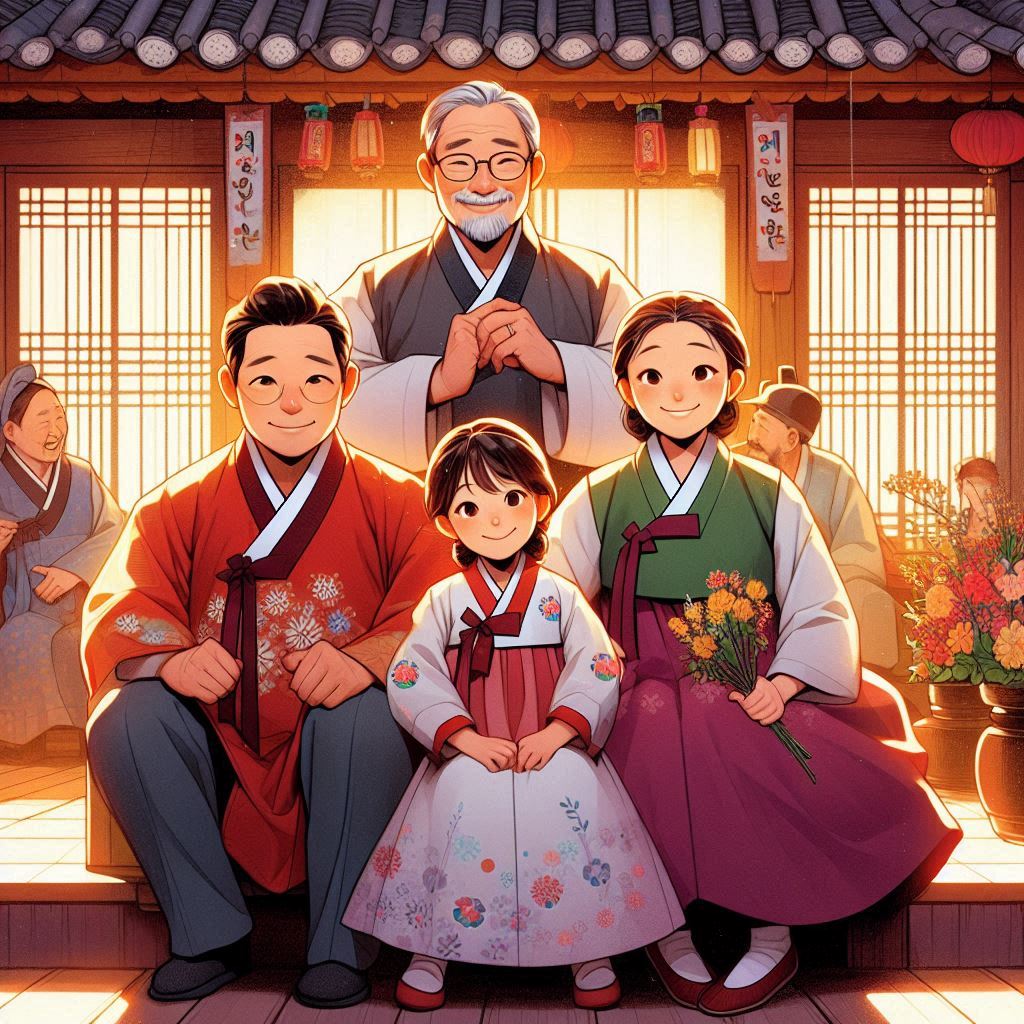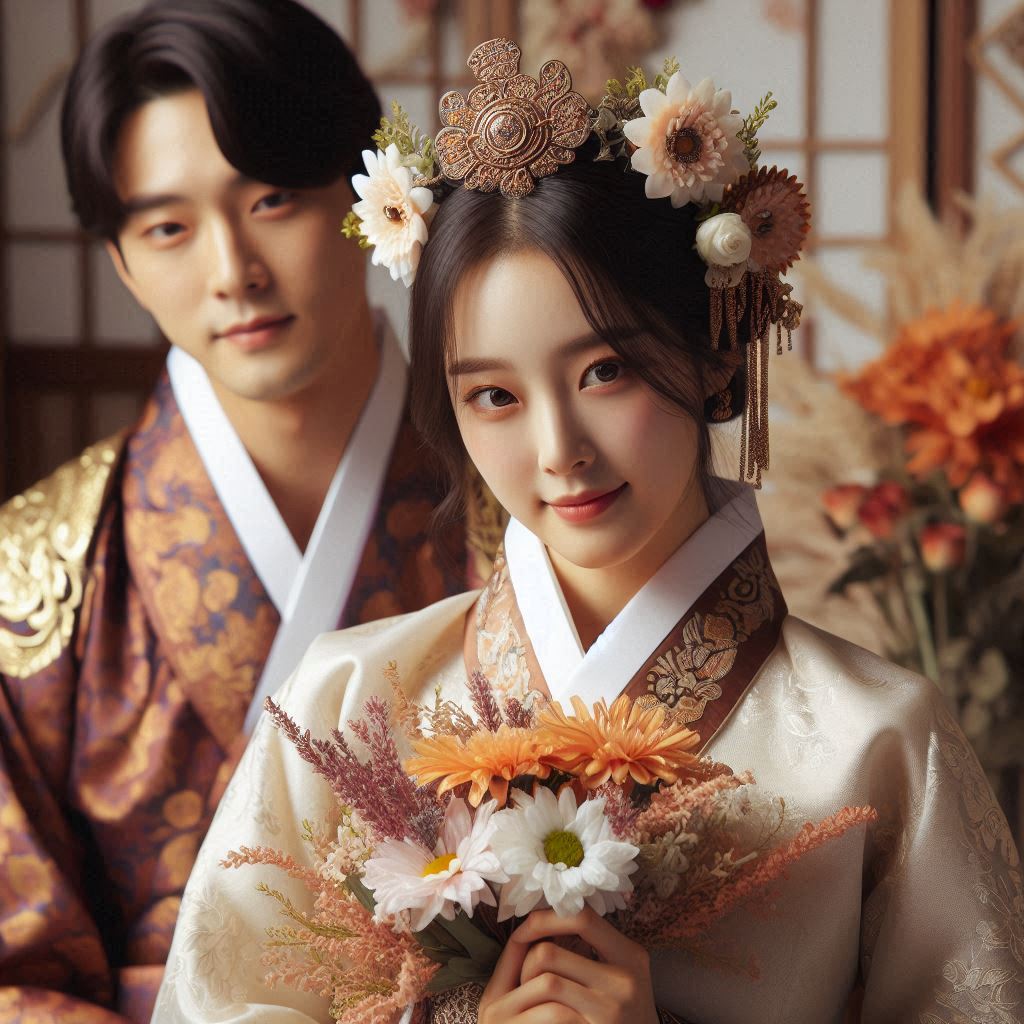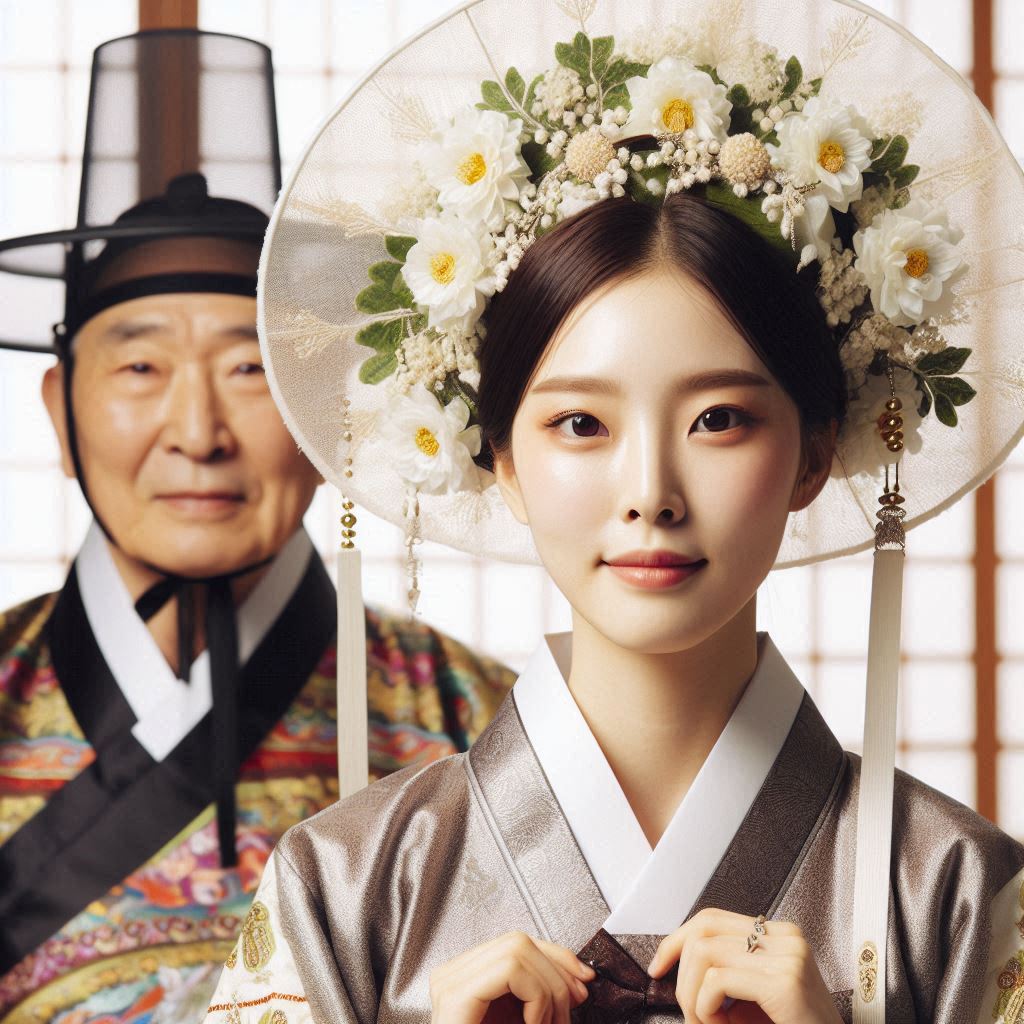韓國人通常不跟外國人通婚
在韓國文化中,家庭在個人生活中占有極為重要的地位,這對戀愛和婚姻關係產生深遠的影響。與韓國女性交往時,獲得對方父母的同意被視為一個重要的步驟,這不僅是文化傳統的體現,也是對家庭價值觀的尊重。
首先,韓國社會長期受到儒家思想的影響,強調孝道與家庭和諧。在這種文化背景下,子女的婚姻被認為不僅是兩個人的事情,更是兩個家庭的結合。因此,父母對子女戀愛對象的態度被賦予極大的權重。他們不僅關注未來伴侶的個人條件,如性格、教育背景、工作穩定性,甚至還會考量對方的家庭背景,確保雙方門當戶對。這種態度源於對婚姻穩定性和家族榮譽的高度重視。
其次,韓國人通常與韓國人通婚,這一現象也與文化認同密切相關。韓國是一個相對單一民族的國家,語言、飲食、禮節等文化元素在家庭生活中都占有重要地位。選擇與韓國人結婚,可以減少跨文化婚姻可能面臨的溝通障礙和文化衝突。例如,韓國的節日傳統(如中秋節、春節)往往涉及家庭團聚和祭祖儀式,這些活動需要配偶有共同的文化背景來參與和理解。
此外,父母對子女婚姻的干涉還體現代際責任的延續。在韓國社會中,父母普遍對子女投入大量的資源,包括教育、經濟支持等,他們自然希望子女的婚姻能帶來穩定的生活和幸福的未來。因此,父母對婚姻對象的選擇抱有很高的期望,而這種期望可能促使韓國人更傾向於選擇熟悉的文化圈內的伴侶。
然而,隨著全球化的發展和年輕一代價值觀的改變,這種現象也在逐漸發生變化。越來越多的韓國人選擇跨文化婚姻,並嘗試與父母溝通,說服他們接受外國伴侶。即便如此,與韓國女性交往時尊重她們的文化背景,特別是獲得父母的認可,仍然是建立長久關係的一個重要步驟,因為這代表對她和她家庭的尊重與重視。
In Korean culture, the family holds a profoundly significant place in an individual's life, deeply influencing relationships and marriage. When dating a Korean woman, gaining her parents’ approval is considered a crucial step, reflecting both cultural tradition and respect for family values.
Firstly, Korean society has long been influenced by Confucian ideals, which emphasize filial piety and familial harmony. Within this cultural framework, marriage is seen not merely as the union of two individuals but as the coming together of two families. As a result, parents play a pivotal role in evaluating their child’s romantic partner. They focus not only on personal qualities such as character, educational background, and job stability but also consider the partner’s family background to ensure compatibility and equality between the families. This perspective stems from a strong emphasis on the stability of marriage and the honor of the family.
Secondly, Koreans traditionally marry within their own nationality, a trend closely tied to cultural identity. As a relatively homogeneous society, Korea places great importance on shared cultural elements such as language, cuisine, and etiquette in family life. Choosing a Korean spouse helps minimize the communication barriers and cultural conflicts that may arise in intercultural marriages. For instance, Korean traditional holidays like Chuseok (Korean Thanksgiving) and Seollal (Lunar New Year) often involve family reunions and ancestral rites, requiring a spouse who shares and understands these cultural practices.
Moreover, parental involvement in their children’s marriage reflects the continuation of intergenerational responsibilities. In Korean society, parents often invest significant resources in their children, including education and financial support, and naturally wish for their children’s marriage to lead to a stable and happy life. This high expectation can influence Koreans to prefer partners from familiar cultural backgrounds to meet their parents’ approval and secure familial harmony.
However, globalization and shifting values among younger generations are gradually transforming this phenomenon. An increasing number of Koreans are choosing intercultural marriages and working to communicate with their parents to help them accept foreign partners. Despite this change, respecting Korean cultural norms, especially seeking parental approval, remains an essential aspect of building a long-term relationship when dating a Korean woman. This step symbolizes respect and consideration for her and her family, laying a strong foundation for mutual understanding and trust.



照片:DALLE3
- 1
- 2
- 3
- 4
